Introduction: Costs to Run a Cargo 747 Airplane
Running a cargo 747 airplane is a complex and expensive process that requires careful planning, management, and execution. The costs associated with running a cargo 747 airplane can vary depending on several factors, such as fuel prices, maintenance costs, and crew salaries. In this article, we will explore the different costs involved in running a cargo 747 airplane, including fuel costs, maintenance costs, crew salaries, and other expenses.
Fuel Costs
Fuel costs are one of the most significant expenses associated with running a cargo 747 airplane. The amount of fuel required for a single flight can vary depending on the distance traveled, the cargo weight, and the weather conditions. The price of jet fuel can also fluctuate, affecting the overall cost of running the airplane. Airlines typically use sophisticated software to calculate the optimal fuel load for each flight to minimize costs.
Maintenance Costs
Maintenance costs are another significant expense associated with running a cargo 747 airplane. The airplane must undergo regular maintenance checks to ensure that it is safe to operate. These checks can range from routine inspections to major repairs or overhauls. The cost of maintenance can vary depending on the age and condition of the airplane and the extent of the work required.
Crew Salaries
The salaries of the crew members, including pilots, co-pilots, and flight attendants, are also a significant expense associated with running a cargo 747 airplane. These professionals require extensive training and expertise to operate the airplane safely and efficiently. The salaries of the crew members can vary depending on their experience, qualifications, and the airline’s policies.
Other Expenses
Other expenses associated with running a cargo 747 airplane include insurance, landing fees, airport taxes, and administrative costs. These expenses can vary depending on the airline, the route, and the destination. Airlines typically factor in these expenses when calculating the total cost of running the airplane.
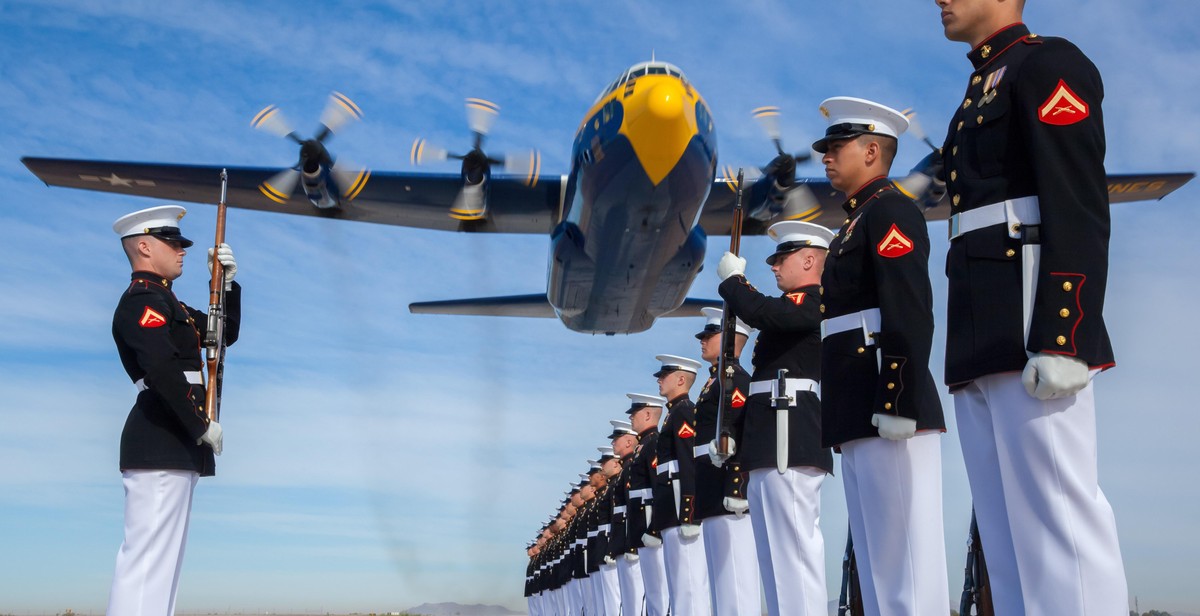
Overview of Cargo 747 Airplane
The Boeing 747, also known as the “Queen of the Skies,” is a four-engine wide-body aircraft that was first introduced in 1969. Originally designed as a passenger plane, the 747 has since been modified to serve as a cargo airplane. The cargo version of the 747 is capable of carrying a large amount of freight over long distances, making it a popular choice for air cargo operations.
Description of Cargo 747 Airplane
The cargo version of the 747 has a large nose door and a side cargo door, which allows for easy loading and unloading of freight. It also has a reinforced floor to support the weight of heavy cargo. The 747 cargo airplane is powered by four high-bypass turbofan engines, which provide the necessary thrust for takeoff and cruising.
Capacity of Cargo 747 Airplane
The cargo capacity of the 747 varies depending on the model. The 747-400F, for example, has a maximum payload capacity of 124 tons and a total cargo volume of 26,410 cubic feet. This allows it to carry a wide range of cargo, including oversized items such as machinery and vehicles.
Types of Cargo 747 Airplanes
There are several types of cargo 747 airplanes, including the 747-400F, the 747-8F, and the Dreamlifter. The 747-400F is the most common cargo version of the 747, while the 747-8F is a newer, more fuel-efficient model. The Dreamlifter, on the other hand, is a modified 747-400 that is used to transport large sections of the Boeing 787 Dreamliner.
| Aircraft Model | Maximum Payload Capacity | Total Cargo Volume |
|---|---|---|
| 747-400F | 124 tons | 26,410 cubic feet |
| 747-8F | 137 tons | 30,177 cubic feet |
| Dreamlifter | N/A | 65,000 cubic feet |
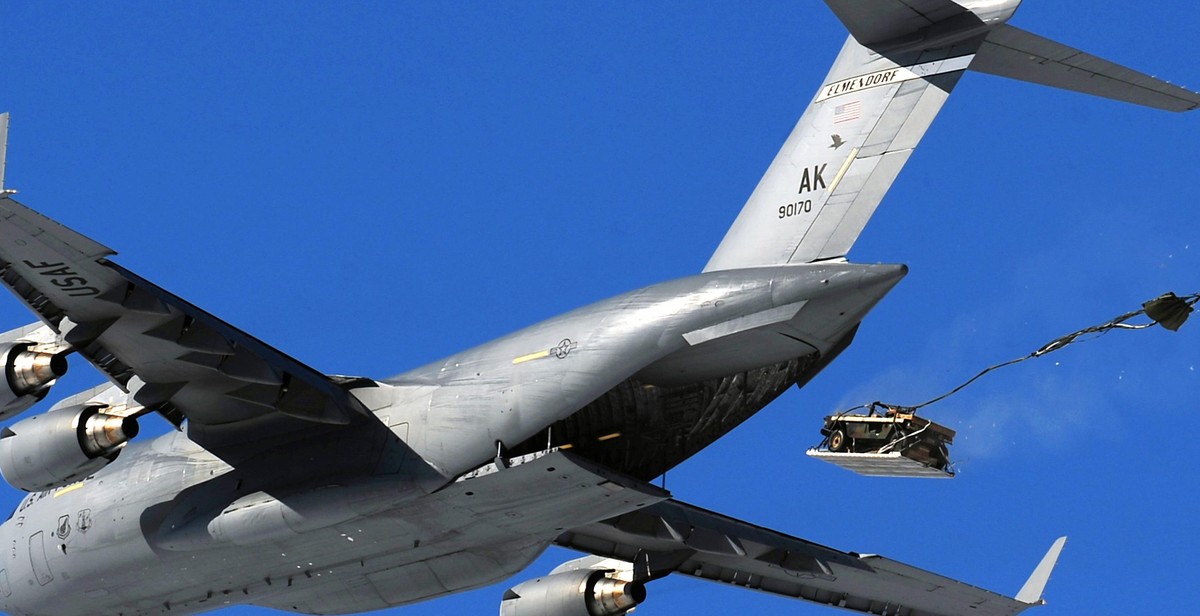
Factors that Affect the Costs of Running a Cargo 747 Airplane
Running a cargo 747 airplane comes with a range of costs that impact the overall profitability of the business. The following factors affect the costs of running a cargo 747 airplane:
Fuel Costs
Fuel costs are a significant factor in the overall cost of running a cargo 747 airplane. The 747 airplane is a massive aircraft, and its fuel consumption is high. The cost of fuel varies depending on the location, but it is a significant expense that airline companies have to consider. The price of fuel can also fluctuate depending on the global oil market.
Maintenance Costs
The 747 airplane requires regular maintenance to ensure that it is in good condition and safe to fly. The maintenance costs of the 747 airplane are high due to the size and complexity of the aircraft. The maintenance costs include the replacement of parts, repairs, and inspections. These costs can vary depending on the age and condition of the airplane.
Crew Costs
The crew costs of running a cargo 747 airplane include the salaries and benefits of the pilots, co-pilots, and other crew members. The salaries of the crew members can vary depending on their experience and the airline company’s policies. The crew costs also include the cost of training and certification of the crew members.
Insurance Costs
The insurance costs of running a cargo 747 airplane are high due to the risks involved in operating such a large aircraft. The insurance costs can vary depending on the location, the age of the airplane, and the airline company’s safety record. The insurance costs include liability insurance, hull insurance, and war risk insurance.
Overall, the costs of running a cargo 747 airplane are significant, and airline companies have to consider these factors to ensure that their business is profitable.
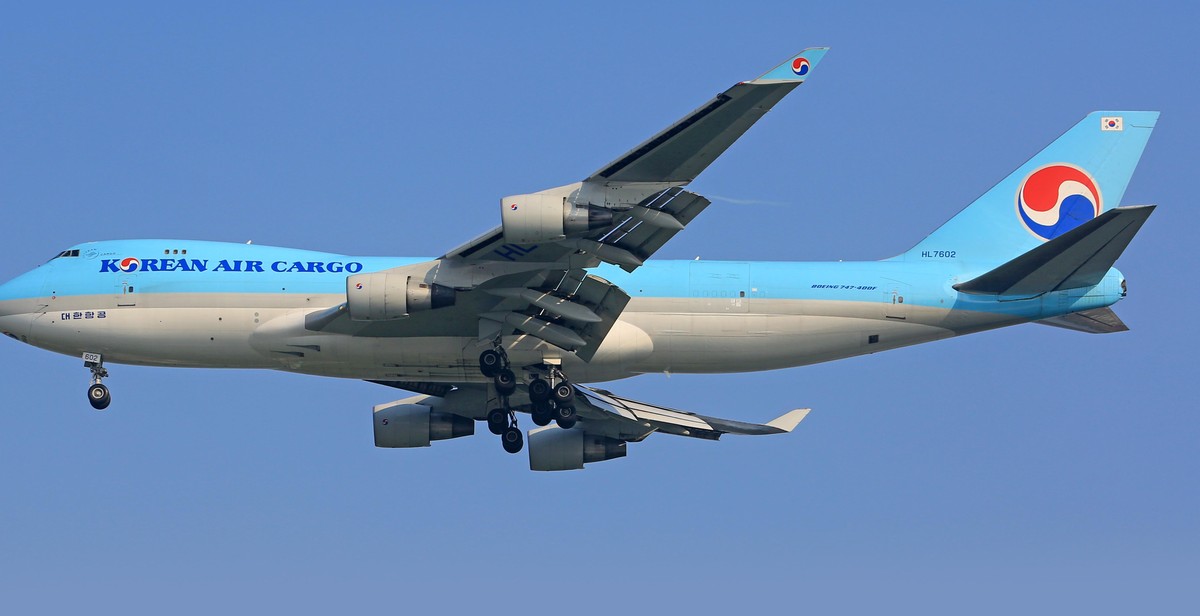
Fuel Costs
The cost of fuel is one of the major expenses associated with running a cargo 747 airplane. Fuel is measured in gallons or liters, and the price of fuel varies depending on the region and the type of fuel used. Jet fuel is the most commonly used fuel for airplanes and is priced according to the current market rate.
Factors that Affect Fuel Costs
Several factors affect fuel costs, including the distance traveled, the weight of the cargo, the altitude, and the weather conditions. Longer flights and heavier cargo require more fuel, resulting in higher costs. Flying at higher altitudes can reduce fuel consumption, but adverse weather conditions such as headwinds can increase fuel usage and costs.
Strategies to Reduce Fuel Costs
Several strategies can be implemented to reduce fuel costs, including optimizing flight routes, reducing cargo weight, maintaining the airplane’s engines, and using more fuel-efficient aircraft. Utilizing advanced technology such as GPS and weather forecasting can help pilots choose the most fuel-efficient routes, while reducing cargo weight can significantly reduce fuel consumption. Regular maintenance of the airplane’s engines can ensure they operate efficiently, while using more fuel-efficient aircraft can reduce overall fuel costs.
| Factors | Impact on Fuel Costs |
|---|---|
| Distance | Higher distance results in higher fuel costs |
| Weight of Cargo | Higher weight results in higher fuel costs |
| Altitude | Higher altitude can reduce fuel consumption |
| Weather Conditions | Adverse weather conditions can increase fuel usage and costs |
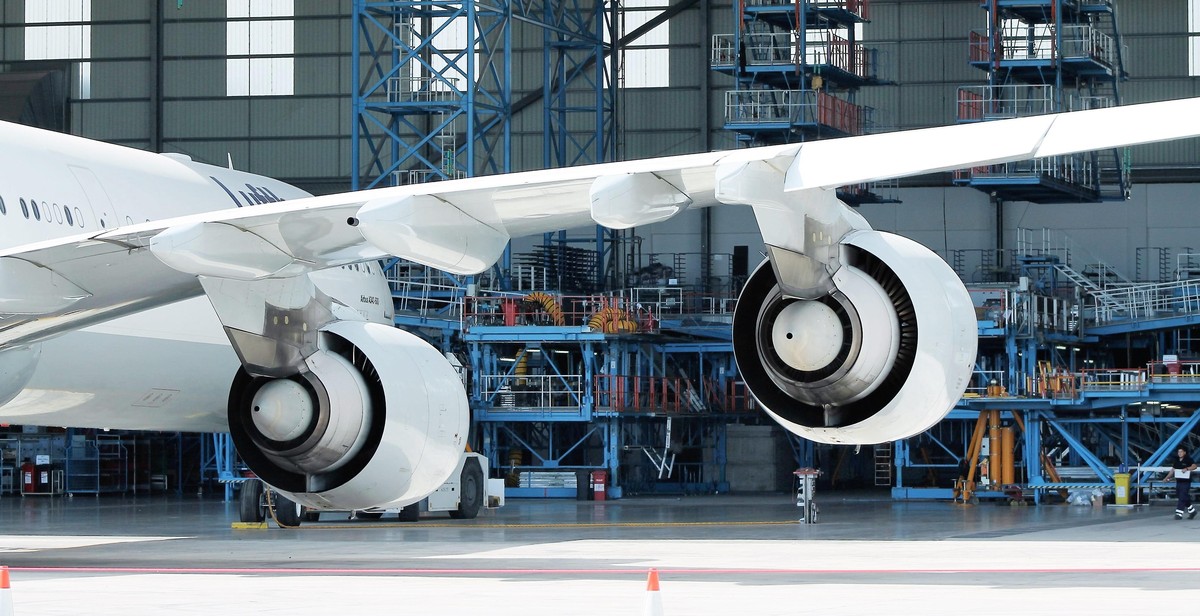
Maintenance Costs
Maintenance costs are an essential part of running a cargo 747 airplane. Regular maintenance is necessary to ensure the aircraft is in good condition and safe for flight. Unplanned maintenance can be costly and disrupt the airline’s schedule. Factors that affect maintenance costs include:
Regular Maintenance
Regular maintenance is done to prevent any potential issues from becoming major problems. This includes routine inspections, part replacements, and repairs. The cost of regular maintenance varies depending on the age and condition of the aircraft. Older planes require more frequent maintenance, which can increase costs.
Unplanned Maintenance
Unplanned maintenance is necessary when unexpected issues arise. This can include engine failures, electrical problems, or structural damage. The cost of unplanned maintenance is often higher than regular maintenance due to the urgency of the repairs and the need to get the aircraft back in service as soon as possible.
Factors that Affect Maintenance Costs
The factors that affect maintenance costs include the age and condition of the aircraft, the frequency of flights, the number of hours flown, and the type of cargo being transported. The more often the aircraft is used, the more maintenance it will require. Heavy cargo can also put more strain on the aircraft, increasing the need for maintenance.
| Expense | Cost |
|---|---|
| Regular Maintenance | $100,000 per year |
| Unplanned Maintenance | $50,000 per occurrence |
Overall, maintenance costs are an important consideration when running a cargo 747 airplane. Regular and unplanned maintenance are necessary to keep the aircraft in good condition and safe for flight. Factors such as age, frequency of flights, and cargo type can affect maintenance costs. Airlines must budget accordingly to ensure they can cover these expenses and keep their aircraft in top condition.
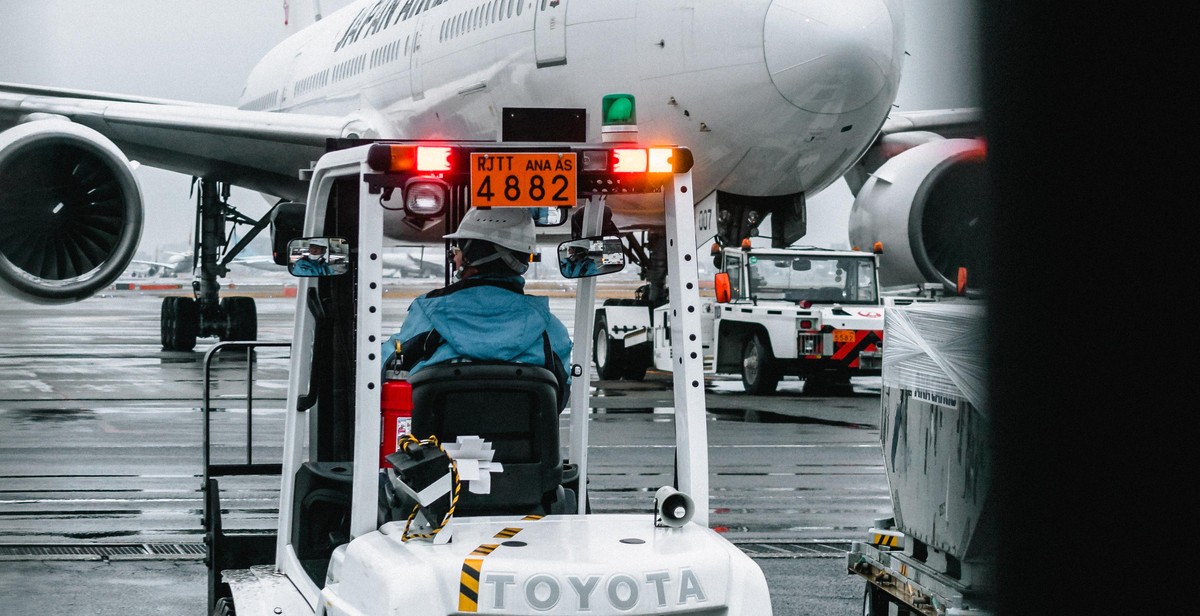
Crew Costs
Running a cargo 747 airplane requires a team of highly skilled professionals to operate the aircraft safely and efficiently. The crew members required for a cargo 747 airplane include:
- Captain
- First Officer
- Flight Engineer
- Loadmaster
The cost of crew members can vary depending on various factors, including:
Factors that Affect Crew Costs
- Experience level of the crew members
- Number of crew members required per flight
- Union agreements and negotiated salaries
- Length of the flight
- Cost of living in the crew members’ home base and destination
- Training costs
To reduce crew costs, airlines can implement the following strategies:
Strategies to Reduce Crew Costs
- Implement a crew scheduling system to optimize crew utilization and minimize downtime.
- Reduce crew training costs by using simulators and e-learning modules.
- Negotiate with unions to reduce crew salaries and benefits.
- Implement a crew sharing program with other airlines to reduce crew idle time and costs.
| Crew Member | Hourly Rate |
|---|---|
| Captain | $200 – $300 |
| First Officer | $100 – $200 |
| Flight Engineer | $75 – $150 |
| Loadmaster | $50 – $100 |
By implementing these strategies, airlines can reduce crew costs and operate cargo 747 airplanes more efficiently.
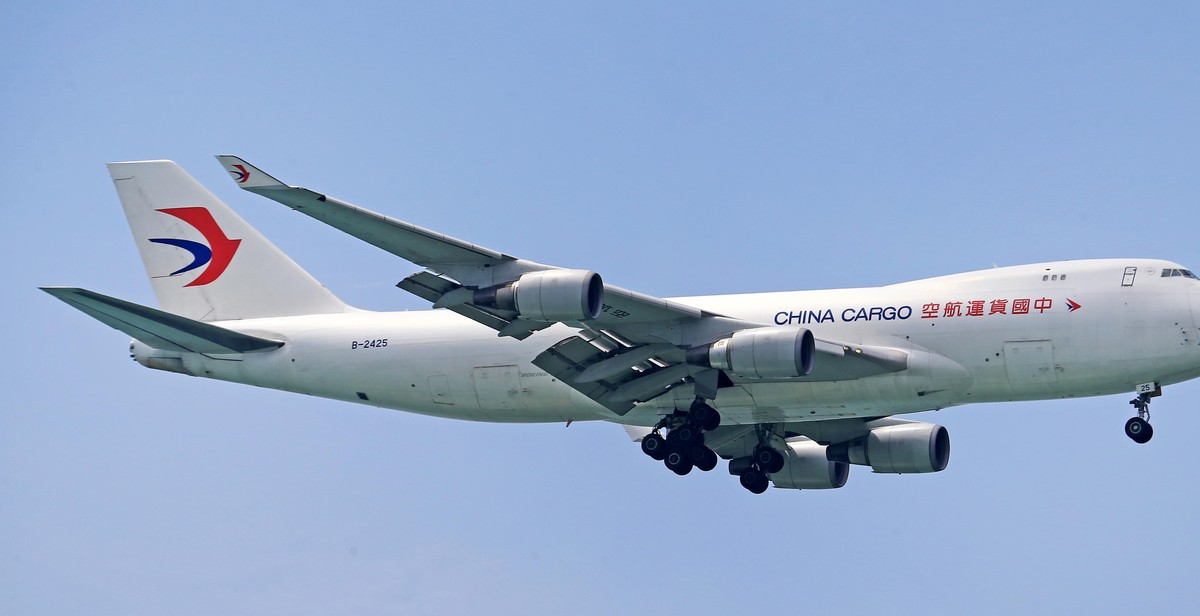
Insurance Costs
Running a cargo 747 airplane comes with a variety of insurance costs. These costs can add up quickly, but there are strategies to reduce them. Understanding the types of insurance policies available, the factors that affect insurance costs, and ways to reduce these costs can help you make informed decisions.
Types of Insurance Policies
There are several types of insurance policies available for cargo 747 airplanes, including:
- Liability Insurance: This type of insurance covers damages caused by the airplane to third parties, such as other airplanes or property.
- Hull Insurance: This type of insurance covers damage to the airplane itself, including accidents and natural disasters.
- Cargo Insurance: This type of insurance covers the cargo on the airplane, protecting against damage or loss.
Factors that Affect Insurance Costs
Several factors can affect insurance costs for cargo 747 airplanes, including:
| Factor | Description |
|---|---|
| Age of the airplane | Newer airplanes may have lower insurance costs than older airplanes due to their advanced safety features. |
| Pilot experience | Insurance costs may be higher for less experienced pilots due to the increased risk of accidents. |
| Type of cargo | Insurance costs may be higher for certain types of cargo, such as hazardous materials, due to the increased risk of damage or loss. |
Strategies to Reduce Insurance Costs
There are several strategies to reduce insurance costs for cargo 747 airplanes:
- Invest in safety features: Upgrading the airplane with advanced safety features can reduce insurance costs by decreasing the risk of accidents.
- Train pilots: Ensuring that pilots are properly trained and experienced can reduce insurance costs by decreasing the risk of accidents.
- Reduce cargo risk: Choosing less risky cargo or implementing additional safety measures can reduce insurance costs by decreasing the risk of damage or loss.
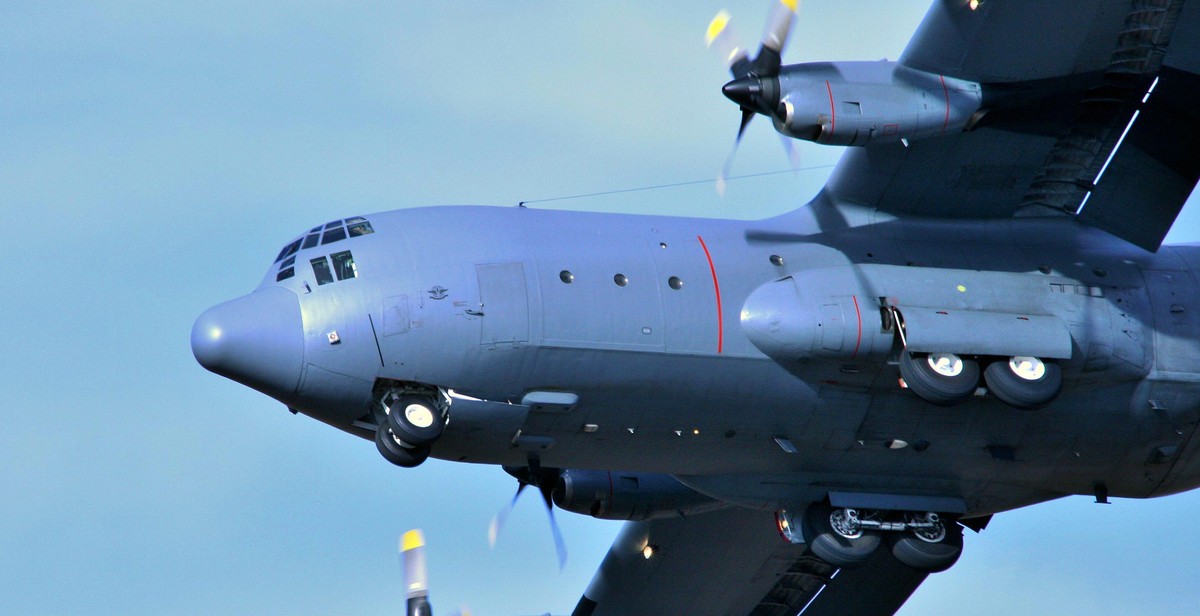
Conclusion
Running a cargo 747 airplane comes with significant costs that need to be factored in by airline companies. The costs of fuel, maintenance, insurance, and crew salaries are just a few of the expenses that need to be considered when operating a cargo 747 airplane. In addition, airlines also need to factor in the cost of purchasing or leasing the aircraft, which can be a significant investment.
Despite the high costs associated with operating a cargo 747 airplane, it remains a popular choice for many airlines due to its large cargo capacity and long-range capabilities. With the global demand for air cargo transportation on the rise, the cargo 747 airplane continues to play a vital role in the logistics industry.
To ensure profitability, airlines need to carefully manage their costs and optimize their operations. This includes implementing fuel-efficient practices, scheduling maintenance and repairs, and investing in technology to improve efficiency. By doing so, airlines can ensure that they remain competitive in the market and continue to provide reliable and cost-effective cargo transportation services to their customers.
Key Takeaways
- The costs of running a cargo 747 airplane include fuel, maintenance, insurance, and crew salaries.
- Purchasing or leasing a cargo 747 airplane is a significant investment for airlines.
- The cargo 747 airplane remains a popular choice for airlines due to its large cargo capacity and long-range capabilities.
- Airlines can optimize their operations and manage costs by implementing fuel-efficient practices, scheduling maintenance and repairs, and investing in technology.
Overall, the costs of running a cargo 747 airplane are significant, but the benefits of its large cargo capacity and long-range capabilities make it a valuable asset for airlines. By carefully managing their costs and optimizing their operations, airlines can ensure profitability and continue to provide reliable and cost-effective cargo transportation services to their customers.
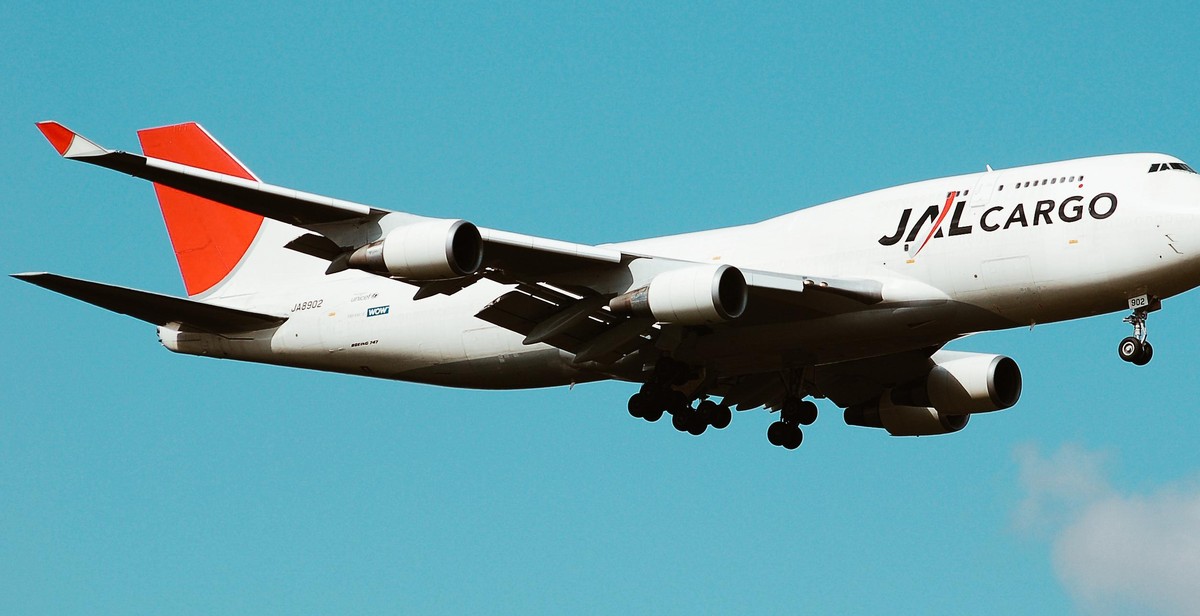
Leave a Reply